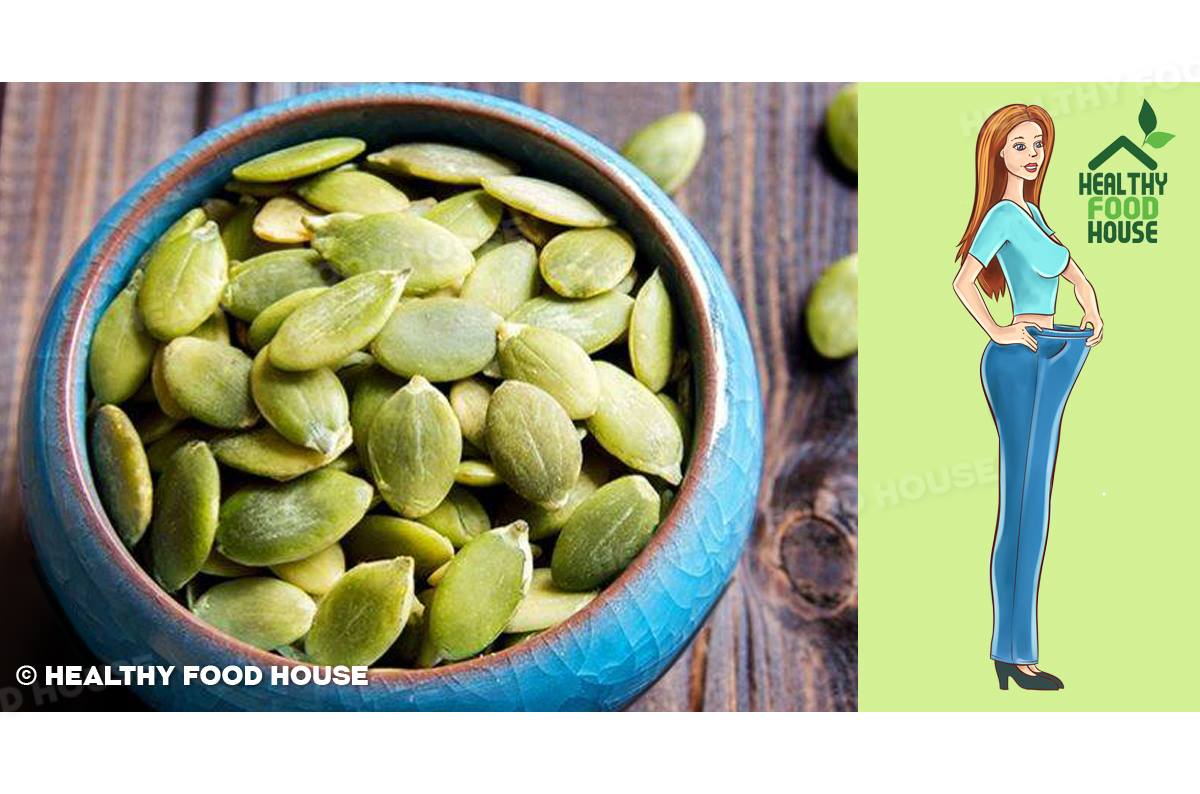We are constantly being advised to make sure we are getting enough protein, as this fabulous macronutrients numerous health benefits.
However, most of you immediately think about animal products when you hear about proteins, but we are here to inform you that there are numerous vegetarian protein sources.
Eggs are extremely high in protein, but their excessive intake might cause the development of sensitivity or allergy.
However, let us first explain what proteins really are.
Proteins consist of a string of amino acids, each of them having its own role. For instance, the amino acid phenylalanine ends up as dopamine, a neurotransmitter that makes us happy.
Amino acids can be of two types, essential and non-essential. Our body is able to create non-essential amino acids from the essential ones, which must be taken through our diet.
The body needs protein for numerous reasons, and its lack would cause breaking down of the muscle tissue in order to supply the needed amino acids.
The most important property of protein is its ability to repair and build muscle mass. It also creates neurotransmitters like serotonin, dopamine, and melatonin, which send signals around the body. Plus, it has a role in the creation of antibodies, hormones, and enzymes.
You should always make sure you are getting enough protein, but not in excessive amounts. According to the World Health Organization (WHO), you should get a minimum of at least .13g/lb of protein per bodyweight daily to stay alive and prevent muscle wasting.
Their official recommendation for protein consumption is .30g/lb. However, your individual range depends on various factors, such as age, goals, physical activity frequency, type, duration, etc.
For example, the protein requirement for elderly people is slightly higher than the average consumption recommendation by the WHO. Yet, the safe range is within .2g/ – .8g/lb.
Going higher than.8g/lb will cause unneeded stress on the liver. When the body metabolizes protein, one of the results is ammonia which is turned into urea we can excrete. The excessive amounts of protein will expose the liver to a great pressure, and it should never be overburdened.
The most popular protein sources include meat, fish, and eggs. Always make sure you are consuming high-quality, organic products as animals can store toxins in their fat.
However, you can get the needed amounts of protein from plant sources as well, and these are the 10 richest sources, which have more protein than eggs. An egg of 50g has 6g protein, and these foods have more protein per 50g:
- Chlorella
Fifty grams of chlorella contain 29g of protein. This alga detoxifies the body of heavy metals and is rich in calcium, iron, magnesium, and vitamin A. Add it in smoothies and shakes and enjoy its benefits.
- Dulse
There are 16g of protein per 50g. This sea vegetable is also high in potassium, iodine, and fiber. Add it to salads, in soups, or wraps.
- Almond Butter
It has 10g of protein per 50g and is also rich in vitamin E, manganese, biotin, healthy fats. Just add it to your favorite smoothie.
- Flax Seeds
Flax seeds contain 9g of protein per 50g. and are also rich in fiber and omega-3s, which soothe inflammation. Always use fresh flax seeds, to preserve the oils, and ground them. Add them to smoothies or use them as an egg substitute.
- Cacao Nibs
Cacao nibs have 7g of protein per 50g. Cacao is not the same as cocoa, as it contains the living enzymes intact, so it helps digestion. Also, it is rich in calcium, fiber, and magnesium.
- Hemp Hearts
These contain 16g of protein per 50g. and are also abundant in omega-3 fat, Sprinkle them on your salads, or add them to smoothies.
- Nutritional Yeast
It is also known as Noosh, and 60g. of it have whopping 25g of protein. It is also high in B-12 and has a cheesy and nutty.
- Spirulina
There is 28g of protein per 50g. This superfood and algae detoxifies the body and eliminates heavy metals, and is also high in B vitamins, potassium, vitamin K, magnesium.
- Tahini
It is actually roasted and crushed sesame seeds, and 50g. contain 10g of protein. These seeds have potent anti-inflammatory properties and are abundant in vitamins and minerals such as manganese, magnesium, and zinc.
Combine it with steamed veggies like broccoli and cauliflower, and enjoy!
- Pumpkin Seeds
50g. of these seeds contain 8g of protein. They also destroy parasites and are high in magnesium. You can add them to salads or eat them as a snack.
There are numerous reasons why you should consume more plant sources of protein, so try out these foods, and enjoy the myriad of health benefits!
Sources:
besthealthyguide.com
